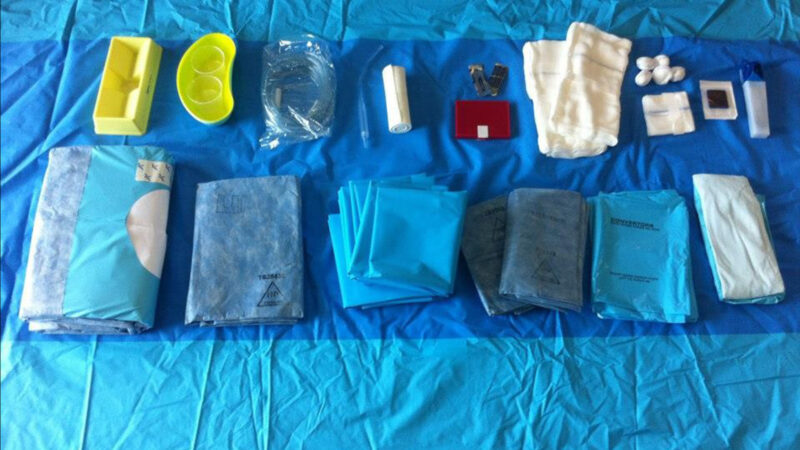This ANZAC Day 2023, Australian Health Journal releases an interview with Group Captain Kath Stein MACN, Director of Defence Force Nursing with the Royal Australian Air Force.
She talks about many masks, aside from PPE, that leadership and all nurses need to wear. Currently there is work underway on a new capability description on what a nurse brings to every level in the nursing defence structure. The advice Group Captain Stein, imparts for new recruits and those interested in joining Defence Force Nursing is to take every opportunity that arises. This is evident in her progression through her career.
Group Captain Stein joined the Air Force in March 1991 through the Undergraduate Scheme. Following her graduation from University she consolidated her clinical training in the Graduate Program at Fremantle Hospital.
In the years that have followed she has served in health facilities including Number 3 RAAF Hospital, Health Services Flights Pearce and Tindal with operational experience on exercises and deployments. This health experience supported her health planning role in Headquarters 395 Expeditionary Combat Support Wing and varying policy and governance roles in Strategic Policy and Intelligence Group, Joint Health Command and Air Force Headquarters. She was privileged to Command Joint Health Unit Northern New South Wales and is the current Director of Defence Force Nursing.
Group Captain Stein’s professional development activities have included the USAF Flight Nurse Course and tertiary studies to specialise in Trauma Nursing and Emergency Management. She recently Graduated from the Australian Institute of Company Directors and has served as a Director on the Board for a Not for Profit Organisation making a difference in Mental Health Services for the community. Her interests outside of work include supporting her childrens’ sporting pursuits, catching up with friends and community service. She has two teenage boys and indulges one very spoilt puppy, Alfie.
Credits:
Australian College of Nursing (National Nursing Forum 2022, Darwin),
Adjunct Professor Kylie Ward FACN, CEO ACN
You Might also like
-
Nurse recognised for reducing hospital waste
A nurse who started a charity from a granny flat in her parent’s backyard to reduce hospital waste has taken out one of the Australian nursing profession’s most prestigious honours.
-
Charities Health System Homeless New Content New South Wales People in healthcare Pharmacy Pharmacy Society of Australia Scope of Practice Victoria
More health care volunteers needed for Street Side Medics
Identifying a gap in the healthcare of vulnerable people in New South Wales, Dr Daniel Nour founded Street Side Medics in August 2020, a not-for-profit, GP-led mobile medical service for people experiencing homelessness.
Dr. Daniel Nour is a cardiology advanced trainee at Royal North Shore Hospital and the founder of Street Side Medics, a mobile medical service dedicated to providing GP-led care to individuals experiencing homelessness. The initiative started from a customised van, which serves as a medical clinic, visiting food services and shelters across New South Wales and recently Victoria. Street Side Medics offers free medical care without requiring documentation, ID, or a Medicare card.
-
Allied Health Building Leadership Experience in Tasmania
A notable program run by Hospitals South is the ABLE program, or Allied Health Building Leadership Experience. This program was created to address the challenge of allied health professionals being seen as a single entity, rather than as individual disciplines, when it comes to leadership and management opportunities. The program is delivered entirely internally, with seminars presented by senior staff and mentorship opportunities for participants to become more effective representatives of allied health in meetings and working groups.



